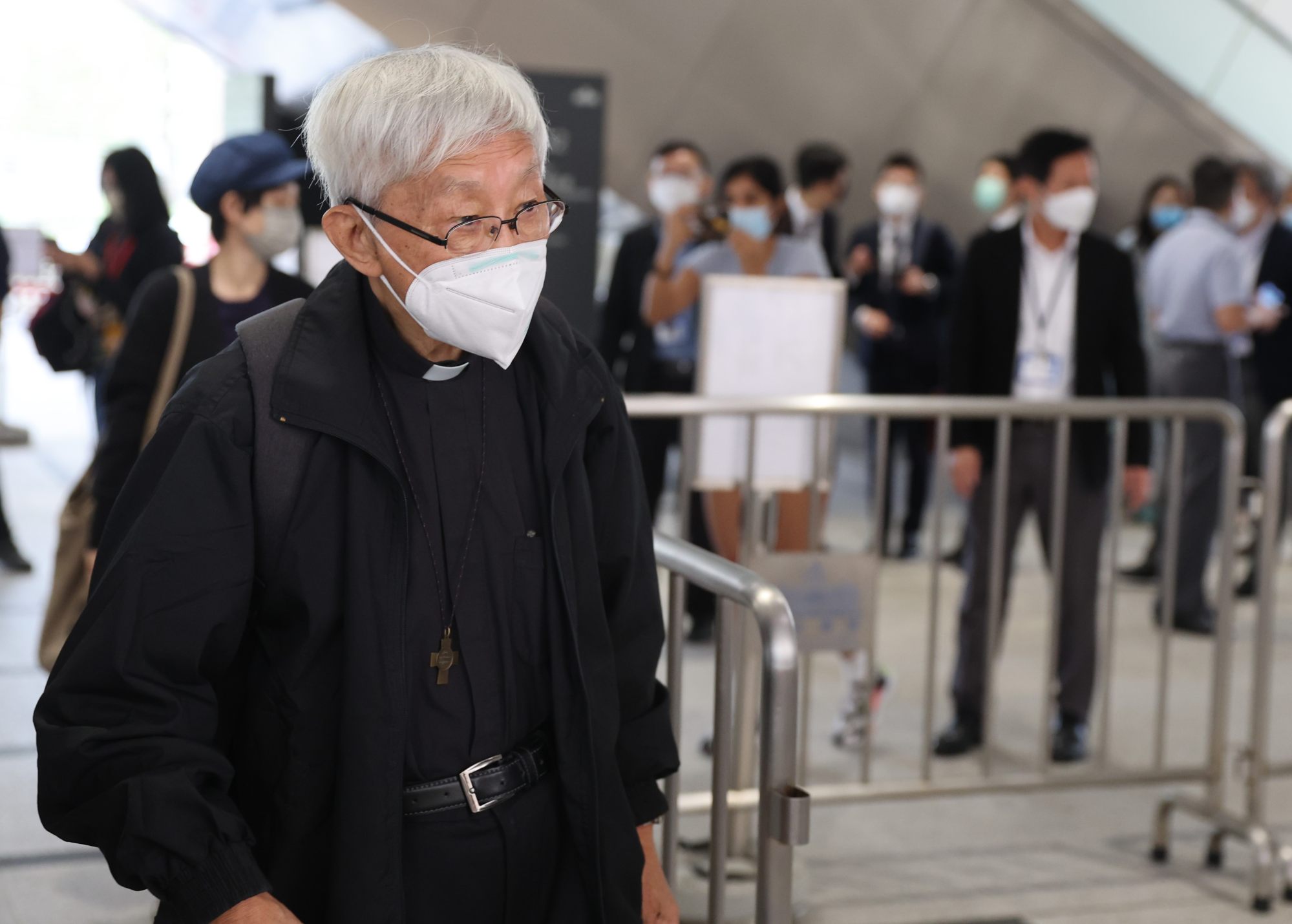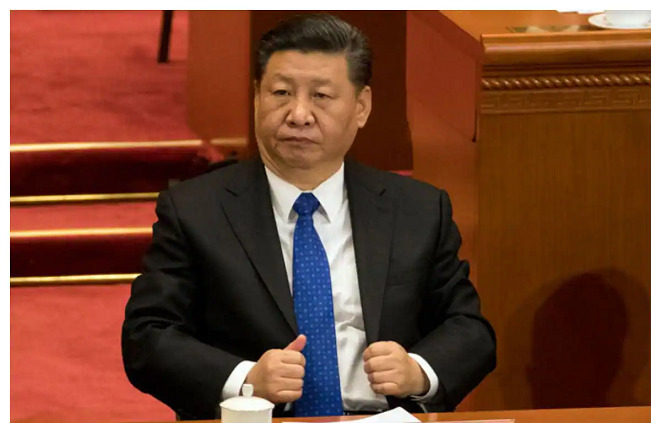The US government on Monday accused Beijing of jailing as many as 10,000 or more people in 2022 in a widening campaign of repression against religious belief meant to bring all theological activity under the Chinese Communist Party’s control.
The estimate of those imprisoned in the country ranging “from the low thousands to over 10,000” is one of many accusations contained in the State Department’s International Religious Freedom Report, which has been published annually since 1999 and covers nearly 200 countries.
The report’s section on China draws on reports by human rights advocacy groups including Freedom House and religious groups like the Church of Almighty God (CAG), as well as public information from the Chinese government.
For example, the report cited President Xi Jinping’s assertion last year at the 20th party congress that “religions in China must be Chinese in orientation” as an indication of what the State Department called a “campaign against religious groups it characterised as ‘cults,’ including the CAG and Falun Gong, and it conducted propaganda campaigns against xie jiao (literally ‘heterodox teachings’) aimed at school-age children”.
Citing human rights advocacy groups, the report said the Chinese government “increasingly classified as xie jiao any group the CCP perceived as hostile to the regime, and courts increasingly applied anti-xie jiao punishments to groups that were not on the official list”.
“Authorities continued to arrest and otherwise detain leaders and members of religious groups, often those connected with groups not registered with the state- sanctioned religious associations,” the report added.
“Authorities reportedly used vague or insubstantial charges, sometimes in connection with religious activity, to convict and sentence leaders and members of religious groups to years in prison.”
Published as a requirement of the International Religious Freedom Act of 1998, the report’s 49-page section on China highlights one of the most divisive issues in the bilateral relationship.
Blinken hopes to visit China ‘in the near future’, adviser says13 May 2023
US lawmakers have made Beijing’s treatment of the country’s religious minorities including Tibetans and Uygurs a priority, leading to recent laws like the Uygur Forced Labour Prevention Act and sanctions against Chinese government officials.
Hong Kong also came under scrutiny for the arrest by the city’s national security department of retired Catholic leader Joseph Zen Ze-kiun and five other activists.
All six are being investigated under Hong Kong’s national security law for alleged collusion with foreign forces to impose sanctions on the city.
Liu Pengyu, a spokesman for China’s embassy in Washington, called the report’s accusations “contrary to the basic facts and deeply rooted in ideological bias”.

Joseph Zen Ze-kiun, a retired Catholic cardinal, leaves West Kowloon Court in Hong Kong after a hearing in November last year. Photo: Edmond So
“People of all ethnic groups in China are fully entitled to the freedom of religious belief as prescribed by law,” Liu said, citing “nearly 200 million religious believers, over 380,000 clerical personnel, about 5,500 religious groups and over 140,000 places of worship registered for religious activities” in the country.
“The picture in the US is quite different – 75 per cent of American Muslims believe that serious discrimination exists in the American society against Muslims,” Liu added, citing the results of a Pew Research Centre survey published in 2017.
“The US is in no position to point fingers at China on this issue.”
The report documented the expansion of laws and administrative orders used to suppress religious activity and their adaptation to target online forums.
Top US and China envoys meet in Vienna, highest such engagement since Xi-Biden12 May 2023
These include the promulgation in 2020 of rules stating that only groups registered with China’s State Administration of Religious Affairs may operate legally. The rules also stipulate that religious organisations must support the leadership of the CCP.
This includes a directive from the religious affairs administration in 2021 requiring that all clergy pledge allegiance to the CCP and stating “entrance to religious places of worship should be regulated through strict gatekeeping, verification of identity, and registration”.
And last year, regulations called the measures on the administration of internet religious information services took effect, banning unauthorised domestic online religious activities.
The measures further enforce a ban on overseas organisations or overseas individuals and their organisations established in China engaging in any online religious activity.
scmp.com

